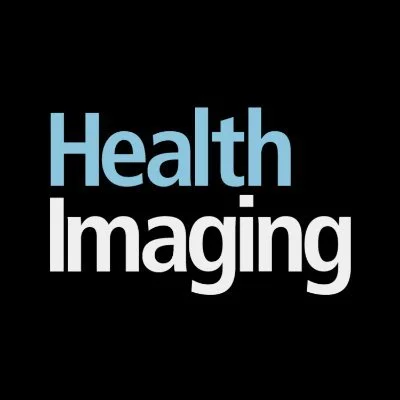
AI-enabled medical devices with limited pre-market validation are more likely to be recalled after FDA clearance.
Key Details
- 1AI-enabled device recalls are more common among those lacking prospective human validation prior to FDA 510(k) clearance.
- 2Most AI medical devices are cleared without requiring prospective clinical testing.
- 3Study reviewed all U.S. recalls of AI-enabled devices between Nov. 15–30, 2024.
- 4Validation method (none, retrospective, or prospective) was a notable factor influencing recall likelihood.
- 5Recalls were categorized into errors such as diagnostic, measurement, and functional issues.
Why It Matters
These findings highlight the inadequacy of current FDA pathways to ensure AI device reliability and safety in clinical environments. For radiology professionals and developers, the results underscore the critical importance of robust validation before market approval.

Source
Health Imaging
Related News

•HealthExec
New Report Highlights Clinical AI Performance, Sustainability, and Adoption Challenges
A multi-institutional review details key challenges, progress, and sustainability concerns in deploying clinical AI in real-world healthcare settings.

•AuntMinnie
LLM Boosts Terminology Expansion in Radiology Reports Over RadLex
A large language model (LLM) significantly outperforms RadLex in expanding terms for radiology report language standardization.

•Radiology Business
Google Releases MedGemma 1.5 and MedASR AI Models for Medical Imaging
Google has launched MedGemma 1.5 and MedASR, two new open-access AI models tailored for healthcare and medical imaging use cases.